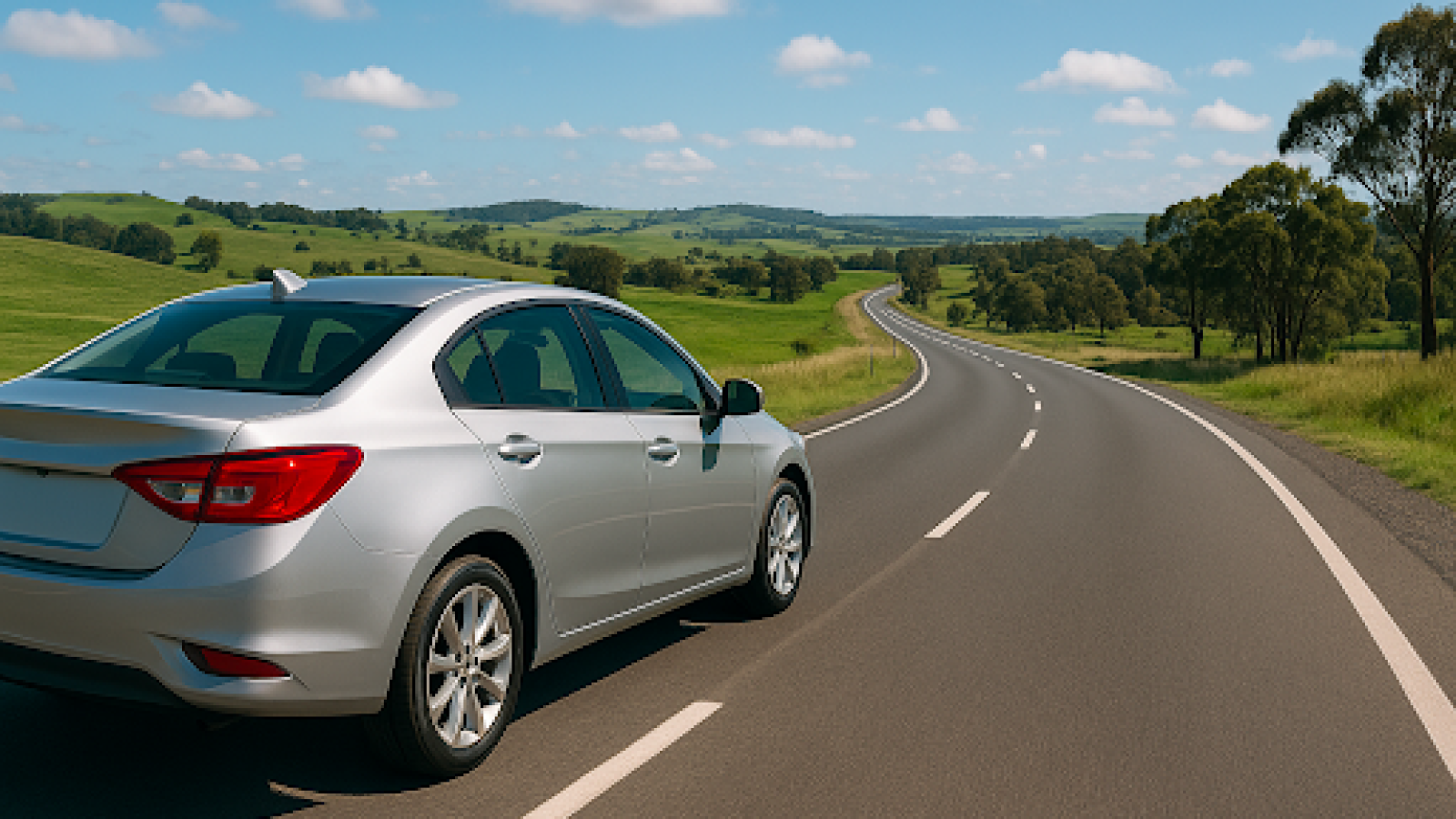Why Motor Insurance Matters for Every Driver
Driving on Australian roads offers freedom and convenience, but it also comes with responsibility. From minor fender-benders to major accidents, motor insurance provides the financial safety net every driver needs.
Motor insurance isn’t just about complying with the law. It’s about protecting your vehicle, your finances, and your peace of mind. In this guide, we’ll break down what you need to know about motor insurance in Australia, the types of coverage available, why it’s essential, and how to choose the right policy for your needs.
What Is Motor Insurance?
Motor insurance is a financial product designed to cover costs associated with vehicle damage, theft, and third-party liabilities. It can range from basic legal requirements like Compulsory Third Party (CTP) to comprehensive policies offering broad protection.
Why Is Motor Insurance Mandatory in Australia?
Australian law requires all registered vehicles to have Compulsory Third Party insurance. This coverage ensures that anyone injured or killed in a motor vehicle accident can access medical treatment and compensation.
Without CTP, vehicle registration is not permitted in any state or territory. While CTP is essential, it does not cover damage to vehicles or property, which is where additional coverage options come in.
Types of Motor Insurance in Australia
1. Compulsory Third Party (CTP) Insurance
- What It Covers: Injuries or deaths caused to other people in an accident involving your vehicle.
- What It Doesn’t Cover: Your vehicle, other vehicles, or property damage.
- Legal Requirement: Mandatory across all states and territories.
2. Third Party Property Insurance
- What It Covers: Damage you cause to other people’s vehicles or property.
- What It Doesn’t Cover: Damage to your vehicle.
- Who Needs It: Budget-conscious drivers who want basic protection beyond CTP.
3. Third Party Fire and Theft Insurance
- What It Covers: Damage to others’ property plus protection for your vehicle if it’s stolen or damaged by fire.
- What It Doesn’t Cover: Accidental damage to your car in a collision.
4. Comprehensive Car Insurance
- What It Covers: All of the above, plus damage to your car, whether caused by you, someone else, or external factors like storms or vandalism.
- Who Needs It: Anyone wanting maximum protection, especially for new or high-value vehicles.
Key Benefits of Having the Right Motor Insurance
- Financial Protection: Avoid out-of-pocket expenses for costly repairs.
- Legal Compliance: Stay road-legal by meeting compulsory requirements.
- Peace of Mind: Drive confidently knowing you’re protected.
- Support During Emergencies: Many policies include roadside assistance options.
How Motor Insurance Premiums Are Calculated
Insurers consider several factors when determining your premium, including:
- Driver Age and Experience: Younger drivers often pay more due to higher risk.
- Vehicle Type and Value: Luxury cars and sports models cost more to insure.
- Location: High-crime or accident-prone areas influence rates.
- Claims History: A clean record usually leads to lower premiums.
Common Exclusions in Motor Insurance Policies
Even comprehensive coverage has limits. Common exclusions include:
- Driving under the influence of alcohol or drugs.
- Unlicensed driving.
- Intentional damage.
- Using the car for commercial purposes without disclosure.
Always read the Product Disclosure Statement (PDS) carefully to understand what is and isn’t covered.
How to Choose the Right Motor Insurance Policy
With so many options available, choosing the right policy can feel overwhelming. Here are the key steps:
- Assess Your Needs: Consider your vehicle value, driving habits, and budget.
- Compare Policies: Don’t just look at premiums – check inclusions, exclusions, and excess fees.
- Check for Discounts: Some insurers offer reduced rates for safe drivers or low-mileage vehicles.
- Review Regularly: Life changes, so should your coverage.
Motor Insurance and Fleet Management for Businesses
If you run a business with multiple vehicles, standard car insurance may not be enough. Fleet insurance offers tailored protection for businesses, often at a lower cost per vehicle. It simplifies administration and ensures consistent coverage across your entire fleet.
Trends in Motor Insurance
- Usage-Based Insurance: Premiums based on actual driving behaviour through telematics.
- Electric Vehicle Coverage: Policies adapted to EV technology and repair costs.
- Enhanced Cyber Protection: As cars become more connected, insurers are introducing coverage for digital threats.
Claims Process: What to Expect
When an accident happens:
- Ensure Safety First: Move to a safe location and call emergency services if necessary.
- Document Everything: Take photos and exchange details with all parties involved.
- Notify Your Insurer Promptly: Most require notice within 24 hours.
- Provide Accurate Information: Incomplete or incorrect details can delay claims.
Why Work with a Motor Insurance Consultant?
Understanding motor insurance can be complex. Consultants simplify the process by:
- Explaining Coverage Options: Helping you choose what suits your needs.
- Finding Competitive Rates: Accessing policies you may not find on your own.
- Managing Claims: Advocating on your behalf during disputes.
Protect Your Journey with the Right Cover
Motor insurance isn’t just a legal formality; it’s a lifeline when things go wrong. Whether you’re a daily commuter, a weekend traveller, or a business managing a fleet, the right policy ensures you’re financially secure and road-ready.Want expert advice on choosing the right motor insurance for your needs?
Visit Business Insurance Consulting today.

